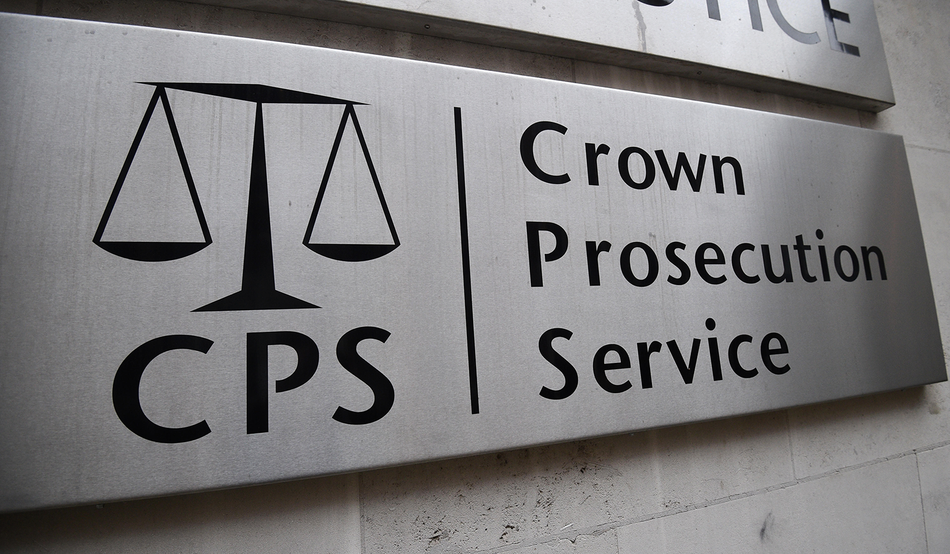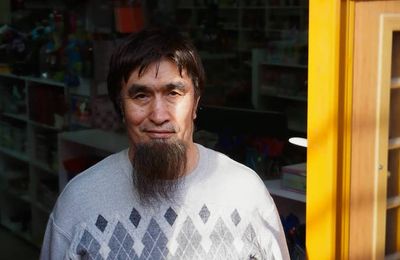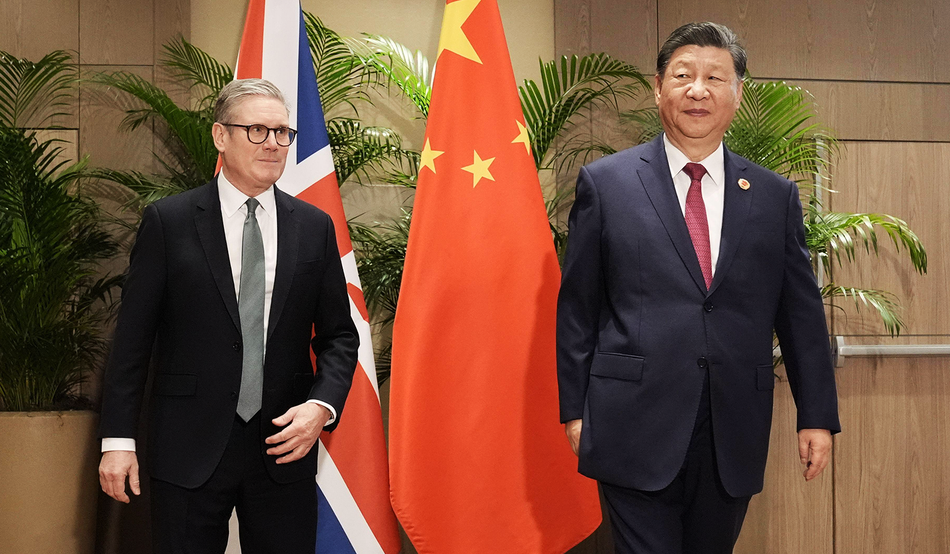There have been two recent remarkable events concerning national security law in the United Kingdom.
The first was a prosecution which collapsed. The case was about alleged spies in the offices of members of parliament. The allegation was that two individuals were passing sensitive information to China.
That prosecutions collapse is not by itself remarkable: cases get pulled all the time. But the circumstances of how this matter came to an end are rather odd.
The official reason is that the prosecution felt it no longer had sufficient evidence for a realistic prospect of prosecution, but this makes no sense. There was sufficient evidence to bring the charges in the first place, and the evidence base did not change.
The second remarkable event was the government publishing three witness statements given at various times by its deputy national security adviser. This was evidence to be placed before the court to support the prosecution. For such documents to be placed directly into the public domain is extraordinary.
This ploy helped the government in the face of political criticism. The statements show a government assisting the prosecution by providing relevant evidence. The documents counter accusations by the opposition that the government pressed the Crown Prosecution Service (CPS) to drop the case.
We do not have all the relevant information, and that is not unusual. The case is about national security, and so we can expect there are things we are not told. There may have been interventions from ministers or officials, but we simply do not know.
But on the basis of the information available there is a mystery. And as long as there is this mystery there will be political and media interest—and public speculation.
The director of public prosecutions (DPP), who heads the CPS, has not helped himself by his clumsy public handling of the case. His letter to members of parliament on the decision to drop the prosecution raises more questions than it answers.
In that letter the DPP blamed two things. First, he blamed a recent High Court case for narrowing the applicable law, but the case he means was not in the High Court and it did not narrow the law. (The judgment was actually from the Court of Appeal on appeal from the Crown Court.) Second, he blamed the government for not providing the evidence then required, but the published witness statements show the CPS did get that evidence.
The excuses offered by the DPP are unconvincing and even look like post-facto rationalisations. It is difficult, if not impossible, to see the supposed reasons as explaining why the case was dropped.
A close look at the published witness statements indicates that the CPS may have made other errors. The first witness statement points to the CPS having asked for evidence for an offence under the National Security Act 2023, which requires the prosecution to show that the information was “prejudicial to the safety or interests” of the United Kingdom.
But the defendants were not charged under that statute, which was not in force at the time of the relevant offences. They were instead charged under the old Official Secrets Act 1911, which requires evidence of the information being of use to “an enemy”.
The dates of the witness statements indicate that the CPS did not even get the evidence to justify the 1911 offence until eight months after the defendants were charged. It looks as if the CPS realised it had not applied the right evidential test at the right time and was seeking to get evidence after the charging decision had been made.
The CPS, however, did eventually get the evidence it wanted. The second and third witness statements provide ample evidence that China was seen as a threat at the relevant time. Indeed, the word threat is expressly used to describe China and those threats are particularised.
It is difficult to see what more evidence the government could give to the CPS, at least for a trial in open court. Even taking the new Court of Appeal decision at its highest, the relevant legal test was met. Yes, the assessments set out in the evidence could perhaps have been more robust and less nuanced, yet there was enough in the statements for the matter to go before a jury to decide.
But a jury will not get to decide, and nobody seems to really understand why. The defendants, who maintain their innocence, are instead facing a trial by media with no opportunity to test the evidence against them.
MPs, who in turn feel betrayed by the defendants, are faced with no resolution, and they are demanding more answers from the DPP. The security services are openly bewildered by the decision to drop the case. The whole affair is a mess.
Usually, legal messes can be explained as more information becomes available. And the publication of the witness statements certainly makes it difficult to blame the government for exerting pressure to end the case. The documents show a government helping the prosecution, not hindering it.
Yet even with this additional information the ultimate situation is nonsensical. And because there is no satisfactory explanation for the dropping of the prosecution, conspiracy theories will fester.
This is not good for confidence in the criminal justice system, especially in respect of national security prosecutions. For public confidence is crucial in such cases, as so much has to be taken on trust that those with legal powers are using them properly. And here we do not even understand what public prosecutors are doing.















